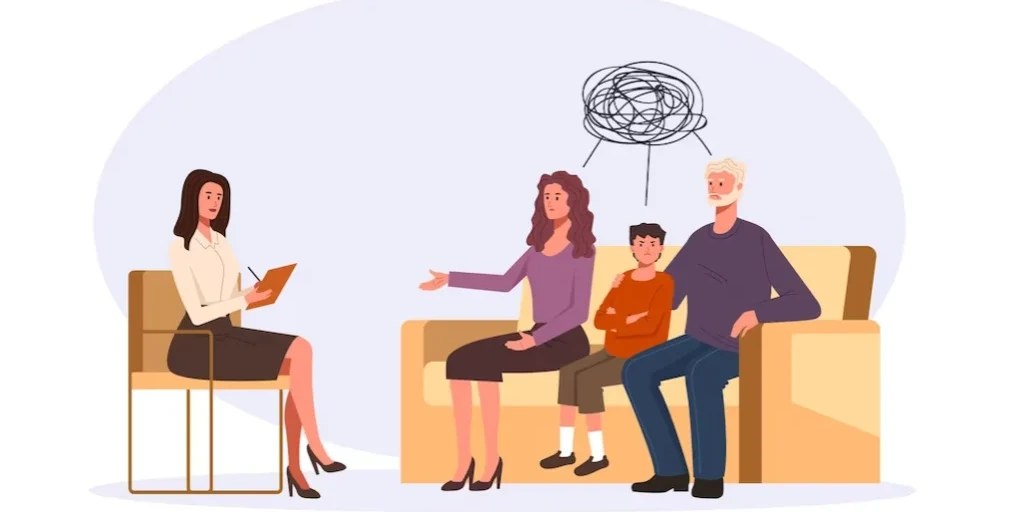24/7 Helpline:
(866) 899-221924/7 Helpline:
(866) 899-2219
Learn more about Eating Disorder Treatment centers in Rock Falls

Other Insurance Options

Meritain

Kaiser Permanente

Ceridian

Ambetter

BlueCross

MHNNet Behavioral Health

EmblemHealth

BHS | Behavioral Health Systems

PHCS Network

UMR

Holman Group

Cigna

Optum

Covered California

MVP Healthcare

Private insurance

Self-pay options

CareSource

WellPoint
Beacon

Recovery Zone
Recovery Zone is a private rehab located in Rock Falls, Illinois. Recovery Zone specializes in the t...

















